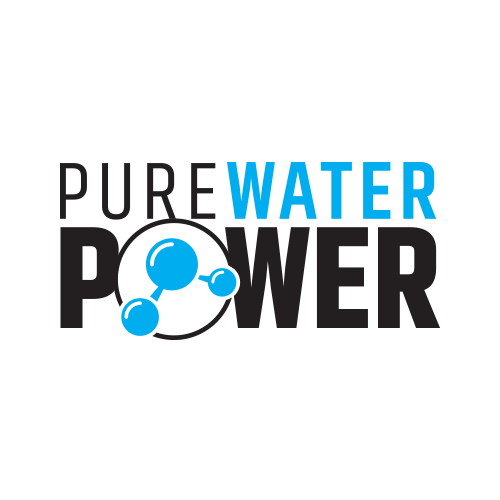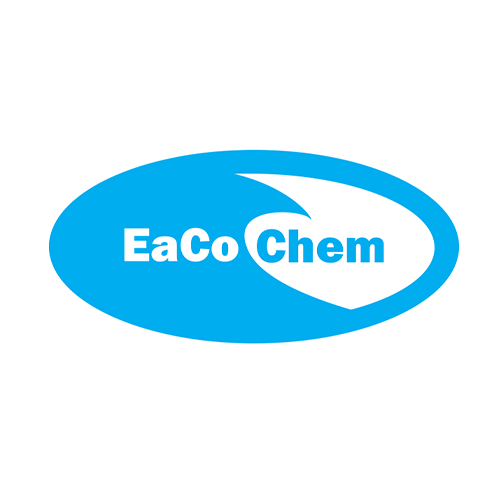I’m curious at what percentage do you pretreat with? Whenever I pretreated, I never saw any difference, but perhaps my mix was too weak. I always post treat. I’m in Florida so our concrete gets nasty.
If you’re going to post treat anyway, why do both? IMHO you waste valuable chems when you pretreat. ALSO, my experience, which is limited to the Hammerhead, is that 100 ft. of hose intsead of 200 makes a pretty substancial difference when I run 4gmp, 4k…
You don’t need to pretreat, but you do need to clean wet concrete, not dry. Since you gotta wet it anyway, why not let it be bleach and water.
Definitely. Night and day. I’m assuming you’re talking about the 4 nozzle bar. When I switched I couldn’t believe the difference
I usually wet it with house wash mix. Nothing strong but it helps considerably. I haven’t been post treating as much since switching to the 4 nozzle bar
@MrSparkleVA I’ve tried both ways and the pre works better for me  As @Innocentbystander mentioned, pre-wetting with concrete is the way to go.
As @Innocentbystander mentioned, pre-wetting with concrete is the way to go.
Doing it the way I do, the customer sees me slightly soaping up the driveway, then cleaning it. From my customers perspective, it looks like a better value for money service than just getting straight into it with the surface cleaner. It’s only an extra 5 minutes too.
Regarding the 100’ or 200’ hose - I don’t have that luxury, just the 200’ 
Have a great day!
Sorry Dan, I missed this. On a bad driveway, I’ll downstream neat SH with surfactants. The driveways here are bone dry and super absorbent, so whatever you spray, sinks right in like a sponge.
I point that out because it’s not foaming and running off the driveway into street. It’s actually doing something.
Again, I’ve noticed the customer seems to be impressed with the three stage clean as opposed to just hitting it with the surface cleaner right away.
Kill. Clean. Residual.
It definitely does make a huge difference in all aspects of the cleaning.
Let me get this straight - you soap up the surface before you clean so that customer thinks they are getting a better value? That is an awesome idea isn’t is @Ikii?
Pre treating = bleach and soap going down water drains
Post treating = bleach and soap soaking into the surface and evaporating.
One way you are compliant, the other way you are not.
99% of drives in cities, your waste water will run to the curb and down to a drain
I believe it was @Steve or @MrSparkleVA that had a run in where them post treating caused them not to get a fine
Indeed it was. @Racer’s instruction to post treat to remove most striping the week before kept me from putting anything but water on the driveway before I cleaed it. That DID save my bacon with the city of Virginia Beach, which has an ordinance that nothing can be rinsed into the drains but carwash runoff. When a neighbor complained to the city, they called me to clean up the chlorine in the storm drains. When they did their test, there was no chlorine in the storm drains because it was all dry and perched on the customer’s driveway.
I foam driveways when i wash homes, since i have the mix from the house.
Pretreat the driveway with foam, it sells, looks good and it is very fast to do so.
I dont advertise for driveways, its an add on.
No. I “slightly” soap, not soap up. Read it again.
And no again. It’s not so the customer thinks they are getting a better deal.
It helps break down the mould and anything else to give me a better clean. (But I’ve said that, and your link to the foaming guy indicates you’re just stirring for attention).
It doesn’t run off into the street either. It soaks right in @Patriotspwashing 
Hundreds of gallons of water soaks right in? Lol.
You guys must have some spongy concrete in Australia lol
Forgive my inexperience, but the bleach/soap during a post-treat will NOT run into water drains at all? Can you explain to a newbie why that is? I’m assuming the dirt keeps it from soaking in during a pre-treat, so once the dirt is gone, it does soak in, but total assumption so hoping you could confirm :).
Thanks!
A pre treat will go to the drain when you pressure wash. You’ll be using a hundred or a few hundred gallons behind it.
A post treat will absorb into the concrete and will evaporate within 24 hours.
Ahh, makes sense. Thank you!
That sounds correct in principle.
However, my 4GPM machine only puts a wide sprinkle down with the black tip. In fact, it’s more often than not dry by the time you turn around. Literally zero chance of going down the drain at this point.
Once the mix has dwelled, the SH has reacted and the rest dissipated - it’s fine to wash off. Chasing down with gallons of water is better, not worse.

In Australia that may be fine. Here in the States the wrong people see you and you’ll have a heavy fine.
Soap going into drain = No Go
SH does not dissipate in 10 minutes
If you spray SH…then ten minutes later you surface clean and the few hundred gallons of water your using on the drive goes down the drive, follows the curb, and goes down into a storm drain. Your opening yourself up to some large fines.
The argument that the SH is diluted before it hits the drain is also not correct…it’s going into a body of water that probably has a few hundred thousand gallons.
It’s not my business though… wash at your own risk
Just don’t give out bad advice that will get people a large fine/contaminate fresh water ways.
I know zero about your sewers/storm drains and what not. I imagine it’s different then ours.
It’s not bad advice. Because it’s not advice.
I’m not advising people to do it my way.
I believe that the Cholrine is being consumed by the algae/mould. As I understand it - it’s a chemical process which returns it back to its natural form, salt.
Also, heat - and it’s hot here - accelerates the dissipation rate massively.
When you add this to the fact it’s less than 1% SH before any reaction/ dissipation/dilution - wouldn’t that be an insignificant amount?
























